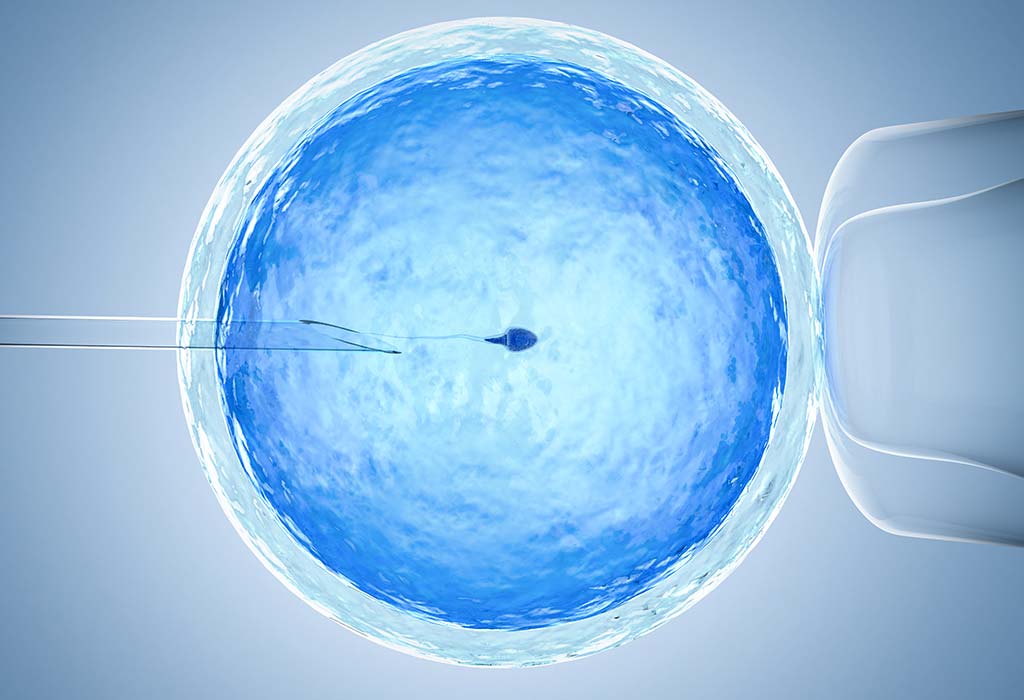
Can Surgical Abortion Make You Infertile? | The Facts.
One topic that’s often discussed is the relationship between surgical abortion and infertility. In this article, we’ll delve into the scientific evidence surrounding this issue and explore the likelihood of infertility caused by surgical abortion.
We’ll also discuss different types of surgical abortion procedures and share personal stories from women who have undergone surgical abortion, examining whether they experienced fertility problems afterward.
What Is Surgical Abortion?
Surgical abortion is a medical procedure performed by a qualified professional that intentionally terminates a pregnancy. There are two common types of surgical abortion methods:
Aspiration or Suction Abortion
Aspiration or suction abortion is typically performed within the first 12-16 weeks of pregnancy. The healthcare provider numbs the cervix, dilates it, and uses a suction device to remove the contents of the uterus. This is the most common surgical abortion method.
Dilation & Curettage (D&C)
Dilation and curettage is performed after 16 weeks of gestation. The procedure is similar to aspiration abortion, but the healthcare provider also uses a curette, a metal loop, to remove the uterus contents.
The Relationship Between Surgical Abortion and Infertility
The medical fraternity has conducted extensive research to study the relationship between abortion and infertility.
According to several studies, including a review in the journal Obstetrics & Gynecology, surgical abortion procedures are generally considered safe. Today, with the advancement of medical techniques, the likelihood of complications leading to infertility is low.
However, it’s important to note that any surgical procedure may carry some inherent risks and potential complications, which may have an impact on fertility. These can include:
- Infection: Although rare, infections can occur during or after a surgical abortion. If left untreated, a severe infection could lead to pelvic inflammatory disease (PID), which may cause infertility.
- Uterine perforation: Accidental puncture of the uterus can happen during a surgical abortion, but it’s an infrequent occurrence. If it happens, the puncture could lead to scarring or damage the reproductive organs, increasing the risk of infertility.
- Asherman’s Syndrome: In rare cases, excessive removal of the uterine lining during a D&C procedure may lead to the formation of scar tissue in the uterus, which can cause infertility or complications in future pregnancies.
It’s important to choose an experienced and skilled healthcare provider to reduce the risk of these complications.
Personal Stories
Numerous women have shared their experiences of pregnancy and fertility after having undergone surgical abortion.
In a study conducted by Finnish researchers, they found that the fertility rate was similar among women who had not undergone an abortion and those who had experienced a surgical abortion.
However, some personal stories reveal the challenges faced with scarring or damage to the reproductive organs as a result of complications from surgical abortions.
These stories highlight the importance of seeking immediate medical attention if any signs of infection or abnormal pain arise post-abortion.
Also, surgical abortion can be a complex experience, often fraught with guilt, relief, grief, and hope.
Personal stories from women who have gone through the experience can offer a powerful insight into the emotional complexity of such a decision.
Listening to their stories and understanding how they overcame the challenges they faced can provide a sense of strength and inspiration.
This path to resilience is often an individual one, but it’s important to know that there is a supportive community willing to help women navigate the complexities of this decision.
Ultimately, women know what’s best for their health and well-being, and they should have access to the necessary resources to make informed decisions.
Wrapping Up
The majority of scientific evidence indicates that when performed correctly by a qualified professional, surgical abortion does not increase the risk of infertility.
In fact, most women who undergo surgical abortion experience no long-term issues with their reproductive health.
However, some women may still experience difficulty conceiving due to unrelated factors such as age, hormonal imbalances, or pre-existing medical conditions.
One significant development in recent years has been the increased accessibility of medication abortion, which consists of taking a combination of pills to terminate a pregnancy.
Many individuals now consider this option as a less invasive and more private alternative to surgical abortion.
Whatever method used, it’s crucial to follow your healthcare provider’s post-abortion care instructions and promptly report any concerns or potential complications.

Leave a Reply
You must be logged in to post a comment.